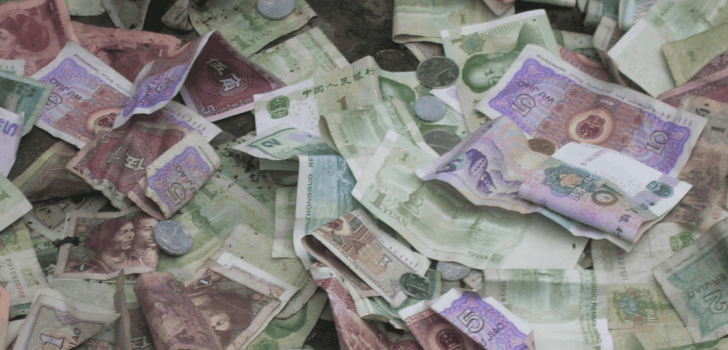Since last April, China has been cracking down on underground banks. So far, more than 170 cases of illegal fund transfers and money laundering involving more than $125 billion have been discovered in the investigations. These illegal flows of capital have had a negative impact on the foreign exchange program in China, and they have also majorly disrupted the order of the country’s financial and capital markets.
The investigations were launched as part of a joint effort between Chinese law enforcement officers, foreign exchange regulators and the People’s Bank of China. While they have made a considerable amount of progress, illegal activities in the underground banks of China are continuing to spread, and the situation is growing increasingly serious.
In the largest discovered case of illegally transferred money in China, more than $64 billion was transferred overseas using non-resident accounts, legal loopholes and the bypass over financial oversight. The Central Bank of China and the foreign exchange regulator have been working to control the channels in which money can legally exit the country. This is an effort to keep the money supply stable and to spur economic growth.
If Chinese companies and individuals continue to sell Chinese yuan to purchase United States dollars, the amount of yuan in China will be reduced. This limits the amount of yuan that is available for lending, causing an increased amount of pressure to be placed on exchange rates.
China has recently moved to restrict currency trading at offshore clearing banks. The country is increasing its level of capital controls, even as China is working to have its currency included in the reserve basket of the International Monetary Fund (IMF). Later this month, the IMF will decide whether or not to include the Chinese yuan. Most analysts expect that the yuan will be included, but at a lower ratio than had been originally expected.
Stay Connected